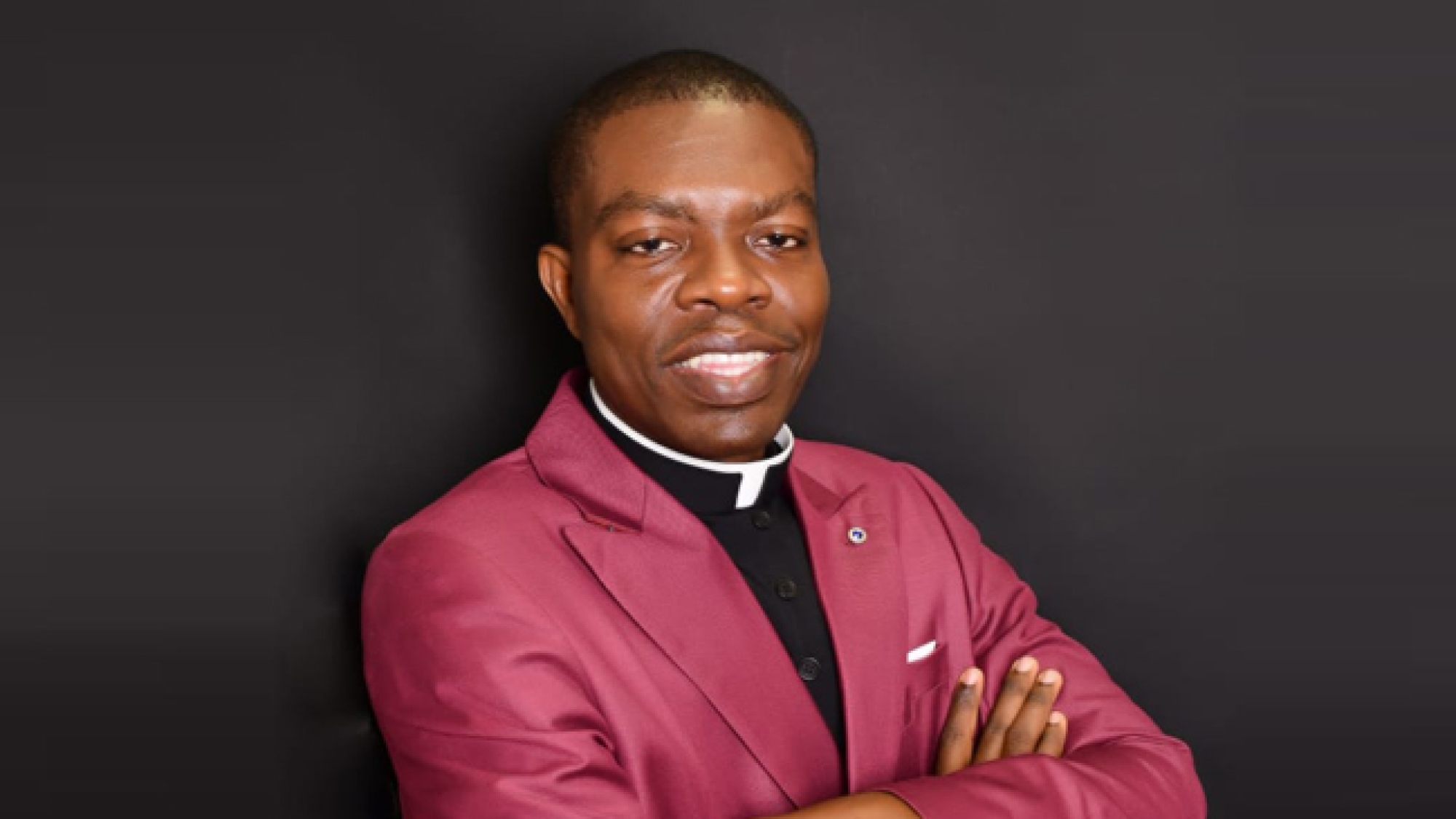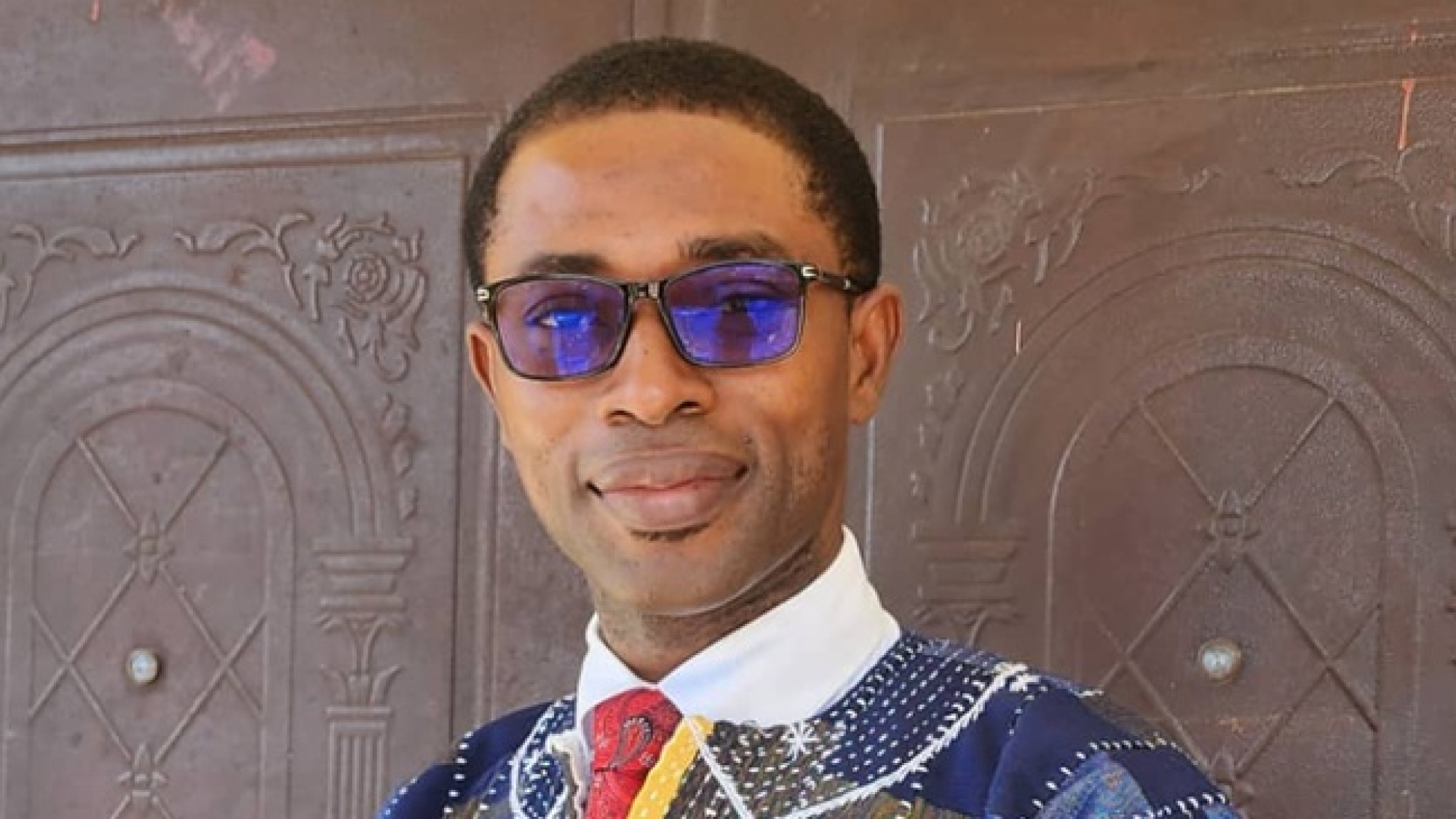INTRODUCTION
God’s reaction to his creation demonstrates satisfaction and great expectation from His created things. He beholds his creation and confesses its goodness (Genesis 1:31). The word “good” which is a translation of the Hebrew word ט֖וֹב, tob (transliteration) also means pleasant or agreeable. This connotes harmony of creation with God. The Greek rendering of that word in the Septuagint (the first Greek translation of the Hebrew Bible or the Christian Old Testament) is ἀγαθὸς, which transliterates as agathos also means holistically excellent or distinguished. God had no iota of doubt that he had produced the best of everything that is in harmony with his nature and manifests his glory.
His creation of man in His image and the charge to man to “Increase, multiply and subdue the earth,” (Genesis 1:28) suggests in part that man has been given a creative ability that would enable him to explore his environment and maximize his use of aspects of God’s creation. Through His act of providence, God has made available the raw materials that would be used by man. Through observation and experimentation, humanity has managed throughout the generations to explore his environment to his advantage. It is against this backdrop that genetic engineering of natural things emerged. In addition, man through his ingenuity further wants to rely on an intelligence that emanates from technologically produced machines instead of the intellect of animals and man himself hence the explosion of artificial intelligence (AI) in our world today.
Advancements in genetic engineering (GE) and AI have reached an extent, despite the good things that come from these undertakings, where they are being used, arguably, to perpetrate evil. Instead of dominating the earth through the eyes of the divinely created things, there is a rising phenomenon of the use of science and technology to create and modify the creation of God in a way that threatens life. The good things harnessed from GE and AI cannot be denied as well. Where do we bring the balance? The ethical issues that border on AI and GE are enormous and cannot be covered entirely here. This very short article, however, comes from the viewpoint that the creativity of man must be pursued under the paradigm of God who authorizes humanity to be productive and what comes out of man’s ingenuity must be in harmony with God and reveal his glory. The words “man” and “humanity” have been used interchangeably in this article.
YOU ARE THE GENES THAT YOU POSSESS
A living organism’s genetic makeup or genotype defines its physical uniqueness; it creates what a particular organism is. Living organisms have different numbers of genes. Genes are the primary morphological and functional unit of heredity. They are located on chromosomes that are in turn found in the nucleus of living cells (specifically eukaryotic cells like that of humans). Humans for instance have 23 pairs of chromosomes. Chromosomes per their morphology are thread-like and come in different, lengths, sizes, and shapes, and are made of Deoxyribonucleic acid (DNA) and proteins. Genes are located in the DNA. The specific part of the DNA where a particular gene is found is called the locus. The genome or genotype is a collection of all the instructions that an organism’s body needs for its makeup and function. This defines the organism’s phenotype. These genes determine the traits of organisms.
In GE, there is the manipulation of genes for the purpose of production of “favorable” traits among others. This took particular effect in the early 1970s. It has developed over the years. GE has been explored in agriculture, medicine, and the production of raw materials for industries. In medicine, for instance, GE has enabled the production of vaccines and other pharmaceuticals that have helped in the improvement of health. To give an example, the human gene that codes for insulin is being introduced into other organisms like bacteria or yeast cells. These organisms replicate very quickly to produce insulin that is harvested and used in the management of diabetes. There are other genetically engineered therapies.
Some genetically modified organisms have emerged as a result of various research in GE. There is concern about modifying certain life forms which would have harmful effects on the biome. There is the risk of creating genetically modified foods that would have dire allergic consequences for humans. Meanwhile, currently, there is an increase in genetic modification of various food crops at commercial levels. This shows that there is a strong economic determinant of GE of food crops.
Modification of the human genome is another area that is been explored in which changes are made to the human DNA. One of the arguments has been that editing the human genome would help create humans who would beat diseases that are inheritable. This is done by editing the genes that cause particular diseases. There is also the prediction that humans would live forever if the part of the human genome that facilitates the aging process and eventual death can be edited.
The creation of God is good and in harmony with God. The entrance of sin had a negative impact on the creation of God. Creation has been subjected to suffering and frustration. The Bible attests that “the whole creation has been groaning together in the pains of childbirth until now” (Romans 8:22). The pains of disease and death, scarcity of necessary items for life, and mere ego and curiosity of humanity have pushed humanity to exploit the creation of God with special reference to GE. Genetic modification of the creation is an attempt to solve the problems and difficulties creation has been subjected to. Some of the ventures in GE are a direct affront to the supremacy of God. As it were, it is another case of humanity’s attempt to be like God as it played in the Garden of Eden (Genesis 3:5). An essential issue to ponder over is whether some of the GE projects are in harmony with God and bring glory to him the creator. Can they be described as agathos?
Instructively, there is a purpose for the heterogeneity of humans. The crossing of traits when a man and woman give birth to an offspring has facilitated the survival of humanity species. Where modification of the human genome towards engendering a particular trait becomes the order of the day, human differences would become compromised. This end does not justify genome control. In our quest to deal with certain gene mutations, there is the risk of causing further mutations that would alter what a human is supposed to be.
ON ARTIFICIAL INTELLIGENCE
In 1956, John MacCarthy, a Stanford computer scientist coined the term artificial intelligence. The term primarily means to give machines human intelligence to perform complex tasks like humans. The technologically engineered systems and gadgets are infused with computer algorithms that enable them to perform tasks like humans. AI has developed over the years but has taken a rapid developmental curve in the last few years with tremendous application in diverse fields of human endeavors including healthcare, education, scientific research (like space exploration), manufacturing industries, and integral aspects of social life.
In industrial applications, the biological limitations that come with humans are done away with AI. That is, automation may enable machines to work for longer hours without the usual biological fatigue. Complex tasks that demand the synergistic effort of several humans can be performed by an artificially intelligent robot. The performance of these tasks is significantly based on empirical programming and not on emotions. Robotics have wide applications in manufacturing industries leading to an increase in productivity.
In the scientific exploration of the universe, there are several places that humans have not yet been to. Meanwhile, AI-empowered machines have been dispatched to aspects of the universe. For instance, there are currently on Mars, the red planet, rovers deployed to that planet to enable the study of conditions on that planet to see if it can support life adequately.
AI-empowered systems or models like the Chat Generative Pre-trained Transformer (ChatGPT) have made access to complex information possible within a relatively short time. This chatbox can communicate with humans and give helpful feedback. It has impacted education extensively lately. Tasks like writing and other aspects of research can be done with ChatGPT within the shortest possible time. Consequently, it has helped in the dissemination of information. This AI-empowered chatbox can aid studies. There have also emerged AI software tools that help in the learning and translation of languages, arts, and designs, among others. Schools and universities can employ the power of ChatGPT for instance to aid in research and learning.
Does AI impinge on human ingenuity that proceeded from God though it is, arguably, a product of this same ingenuity? Human factors in research work are essentially compromised in the application of AI. Consequently, despite the many good things that the boom of AI presents to the world, there is a tendency to prevent man from exploiting his innate abilities. There are already concerns about how students just utilized AI to do assignments without the recourse to the necessary academic rigors that enable the development of the human thinking faculty. This promotes laziness and stagnation of human originality. There is the challenge of the production of fake images and impersonation. There are situations where people use AI in spiritual matters. Some preachers use it to prepare their sermons without personally studying the word of God and praying for God to inspire them for their proper edification. Spirituality concerns the various ways and attitudes that come into play in how we approach God. AI must not determine this.
CONCLUSION
Indeed, parts of the creation of God have been given to humanity for his benefit hence their scientific modification for the benefit of humanity and to the glory of God are ethical ventures that are a good presentation of the charge by God to humans to subdue and have dominion on the Earth (Genesis 1:28). Meanwhile, genetic modification of humans would not solve the problem of sin and its repercussion. This is only dealt with in Christ. The editing of the genome of some food crops that have a harmful bearing on humans and other organisms and upsets the ecosystem shows that such GE is not in harmony with God and is inimical to life. This cannot be described as good. Continual empirical research backed by the fear of God and grounded on sound morality and bioethics would shape science and technology. The Church must explore vital ways of promoting this. It must not lose touch with new developments in GE and AI but rather get involved and bring the principles of the Kingdom of God to bear on them. GE and AI must be turned to Christ.
Written by Apostle Prof. Kwabena Agyapong-Kodua & Elder Dr. Stephen Ofotsu Ofoe














